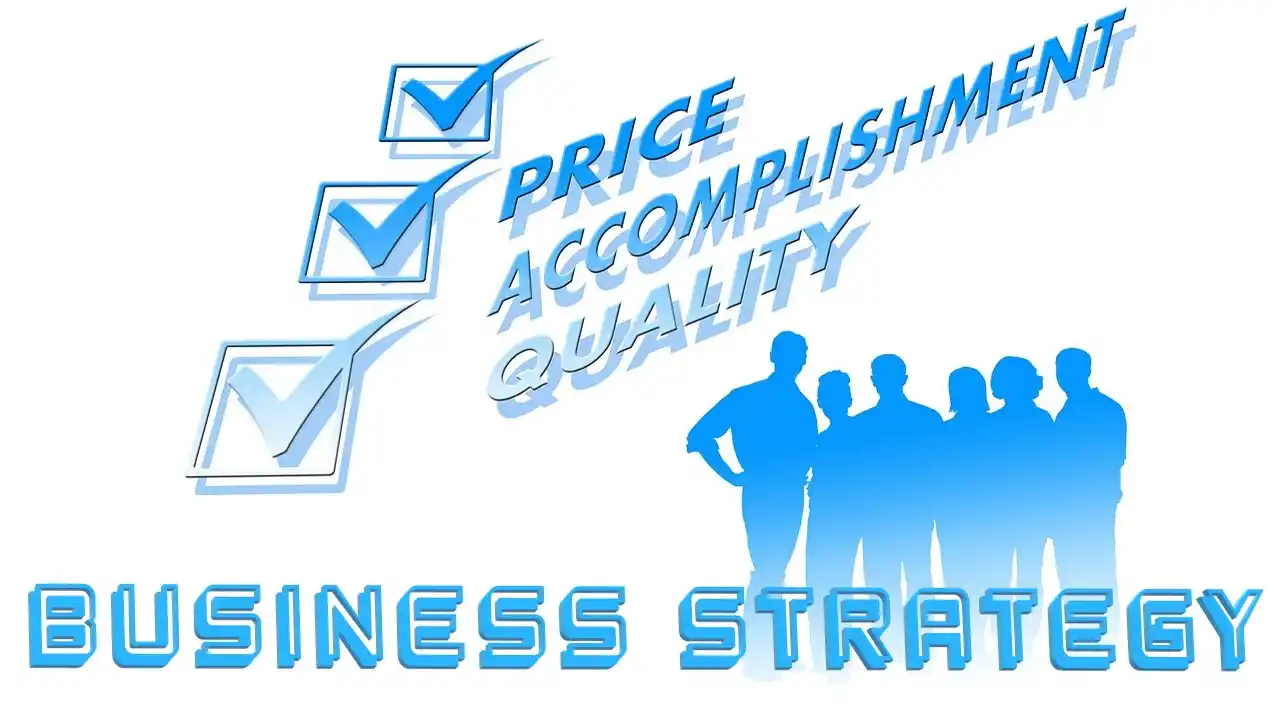The company consists primarily of a series of distinct procedures. A successful business model requires the integration of multiple techniques. In order for a business to expand, it is essential that all of its processes are not only efficient but also thoroughly optimized. The most essential thing processes do for a business is to increase its value. There are numerous types of processes that can use to enhance the operation of a business. Every type of business process can be classified into one of three categories. In this article, we will discuss about types of business process in brief with examples for your better understanding.
Initiating conversations with consumers is the initial step in conducting business, and they continue until customers satisfy with the product or service. When documenting business processes, the primary objective should be to identify problems and gaps in the system that make it difficult for different teams to collaborate. A business process is a series of steps that must perform for a business to achieve its objective. Typically, a large number of individuals from diverse backgrounds collaborate to complete these duties.
Types of Business Process
Every organization has its own procedures. Occasionally, official protocols establish, but most of the time, the company improvises as it develops. So, what exactly is a business process, and how can we make them more efficient? Business processes are the actions a company takes to achieve a predetermined objective.
At each phase of a business process, every member of a team must collaborate and contribute. We all want to work for a company that understands how to cut costs and stick to the established marketing strategy. This article will discuss the most effective methods for monitoring and policing your company’s business processes. To learn more, take a look at these types of business process. Learn about types of business entity subject in greater detail with this in-depth report.
Reduces the Cost of Opportunity
A person incurs an opportunity cost when they choose one action over another that could have yielded the same rewards. We cannot all exist simultaneously in distinct worlds, as Schrodinger’s cat did.
Therefore, if you can discover a way to spend less time on one activity, you will have more time for other pursuits. To reduce opportunity costs, effective business methods require. If your human resources department is not too preoccupied with hiring new employees, they can focus on other revenue-generating projects.
Sales
The sales process is a unique business action that can make or destroy a business. Due to the fact that it is the most essential source of revenue for all companies, business is regarded as a crucial aspect of conducting transactions. A company cannot operate or accomplish anything if it is not profitable. T
he majority of new businesses have robust sales processes in place to generate additional revenue and profits. If they want to make money or maintain their market share, even the largest businesses place a high premium on the sales process. Without sales, a company cannot survive, so the money spent on sales represents the second-largest portion of the company’s total expenses.
Customer Care
Because sales are so crucial and foundational to a business, customer service comes in second. After-sales orders are placed, a member of the team must be responsible for handling and delivering them to consumers. Once the sales orders have been generated, this individual will be responsible for them.
Customer service is also useful when a client requires information about a product or service in order to receive expert assistance with it. In comparison to the size of the department, excellent customer service is a more effective method to retain current customers and re-engage former ones.
Management Methodologies
Every process, regardless of its significance, requires planning, coordination, monitoring, and management. Management practices include monitoring the company’s overall performance and responding to opportunities and threats that could be beneficial or detrimental to the business.
In addition to ensuring that all financial objectives and expenditures are met, management is responsible for ensuring that all regulations are adhered to. Even though management practices do not immediately generate revenue, they do help generate revenue and keep the business alive. This is another types of business process.
Define your Goal
When undergoing a business process, just as when undergoing any other process, you must be aware of your desired outcome. This will assist you in establishing your procedure and ensuring its proper execution. Attach numbers to your objective to evaluate its effectiveness after implementation.
Consider that you operate a delivery service and wish to develop a business process for your employees. Possibly, your objective is to have each of your delivery men spend less time on the road. To achieve this objective, you must determine its nature and carry out the necessary steps.
Finance Division
When business begins to improve and more cash begins to flow in, it is crucial to maintain the company’s finances in order. A department should be responsible for all money entering and leaving the server. Thus, profits can maximize while costs minimize and employees pay on time.
The Department of finances is also responsible for administering investments and funds. It is essential to keep costs under control and pay for everything that must pay so that the money saved and earned after all costs deduce is either significantly larger or comparable to a significantly larger quantity.
The financial department is also responsible for daily responsibilities such as sanctioning expenditures, distributing salaries, and managing all other one-time and recurring expenses. This is another types of business process.
Processes of Operation
Supply chain management and primary skill operations are regarded as fundamental processes due to their significance to the company’s operations. After a transaction generates inventory, proper stock management and inventory management are required to ensure that customers receive the requested products or services.
Good supply chain management is required for correct delivery administration, delivery receipt, stock management, and warehouse management. For a business to survive, its most fundamental components must be present.
Production
Production is the act of physically creating something. Many businesses consider whether to manufacture a product in-house or to outsource the task. Internal production is essential to the operation of a business, influencing both sales and quality control. It is essential to know how to use and maintain the necessary equipment.
Human Resources
A human resources department is essential for an organization, but it not require. Even without a human resources department, an organization is still able to accomplish its goals. Therefore, it regard a part of the assistance process. In most cases, the organizational leaders of a small business or startup are responsible for recruiting.
However, as a company expands and climbs the corporate ladder, it becomes increasingly important to have a specialized Human Resources department. The department is responsible for hiring new employees, training new hires, promoting human values, and assisting individuals in advancing their professions.
In addition, the department ensures that everyone in the organization is productive, assists in resolving disputes, enhances communication between departments, promotes human values, and helps people advance in their careers.
Marketing
The marketing department is an integral component of the sales department. It comprises all actions taken to spread the word about a product or service.
Marketing, which encompasses everything from advertising to market research, is one of the most vital functions of a business. If a company lacks something, it will be difficult to provide its products or services to a consumer. This is important types of business process.
FAQ
What Exactly is Business Process Management?
Business process control is a method for ensuring that business processes are constantly balanced and inspected. This method examines how a company operates from the top down and provides positions for effective management, problem-solving, and problem prevention.
What is the Significance of Business Process Analysis in Commerce?
Business process analysis is essential for trade facilitation duties such as modifying existing operations and processes to increase their efficiency. It is also essential for the development of initiatives and solutions whenever the processes that connect the involved parties must accelerate. This can be a very difficult task.
How Many Business Processes Exist?
Business processes can divide into three primary categories. Production, marketing, and sales are all fundamental business operations. The purpose of these activities is to provide customers with products and services of immediate value. The second step provides no actual value to the consumer.
Final Words
If your business methods are well-considered, your teams are more likely to succeed. Everyone is aware of their roles and responsibilities, and has a clear understanding of the end objective. Companies are no longer required to pay a great deal of money to hire costly experts to determine how to operate their businesses. When you are an expert in your field and know everything there is to know about your business, it is not in your best interest to have someone else design your business processes. The types of business process will cover in-depth in this article, along with some examples for your convenience.






